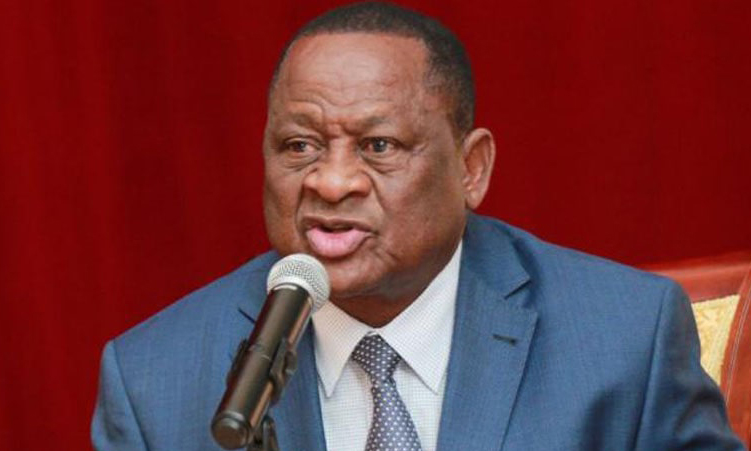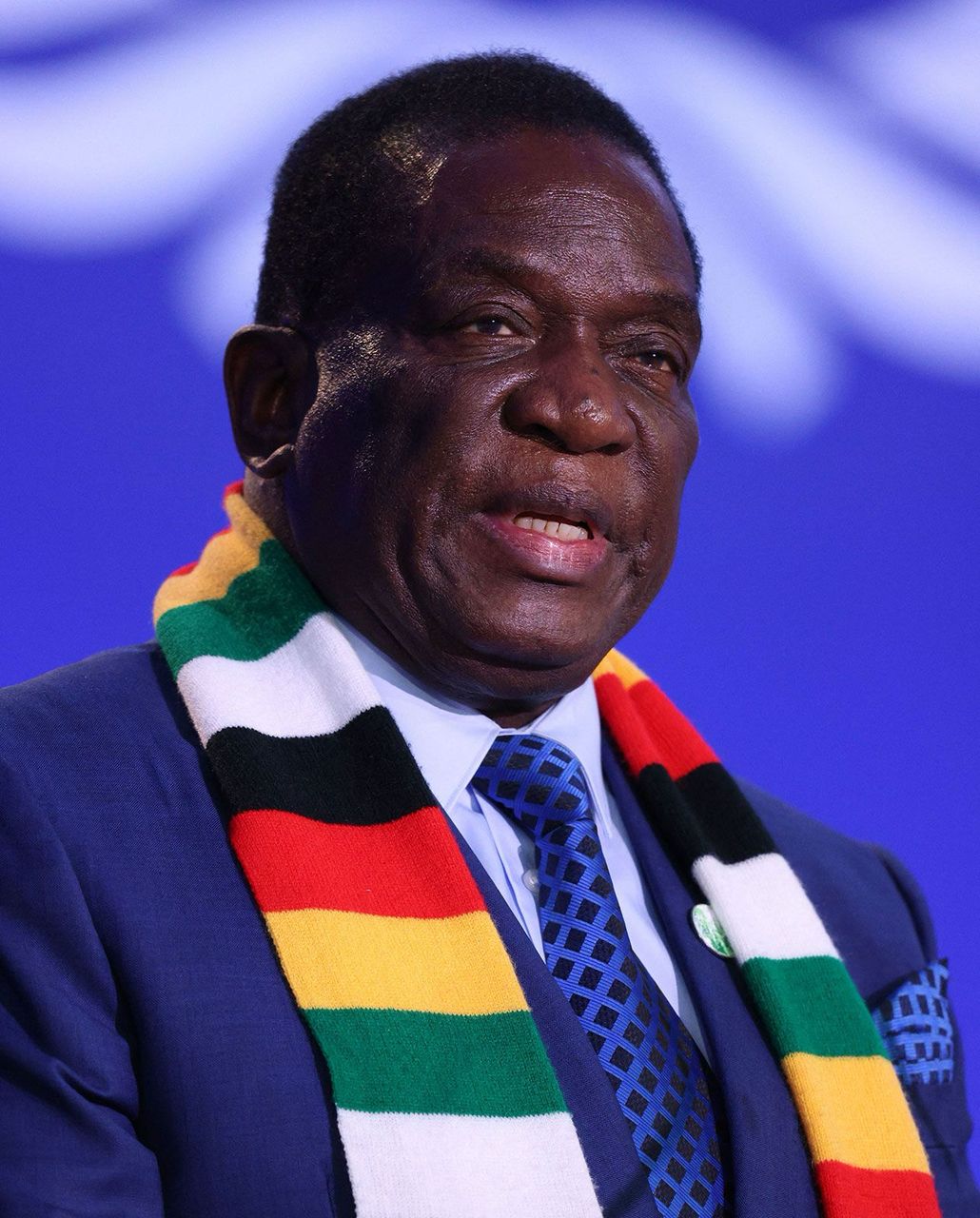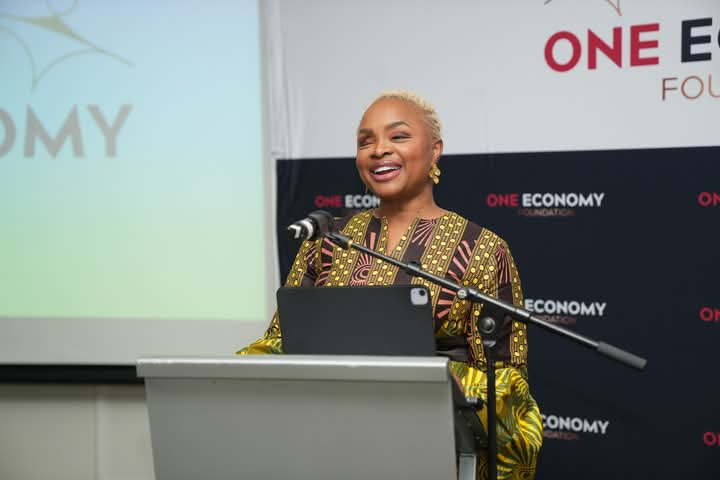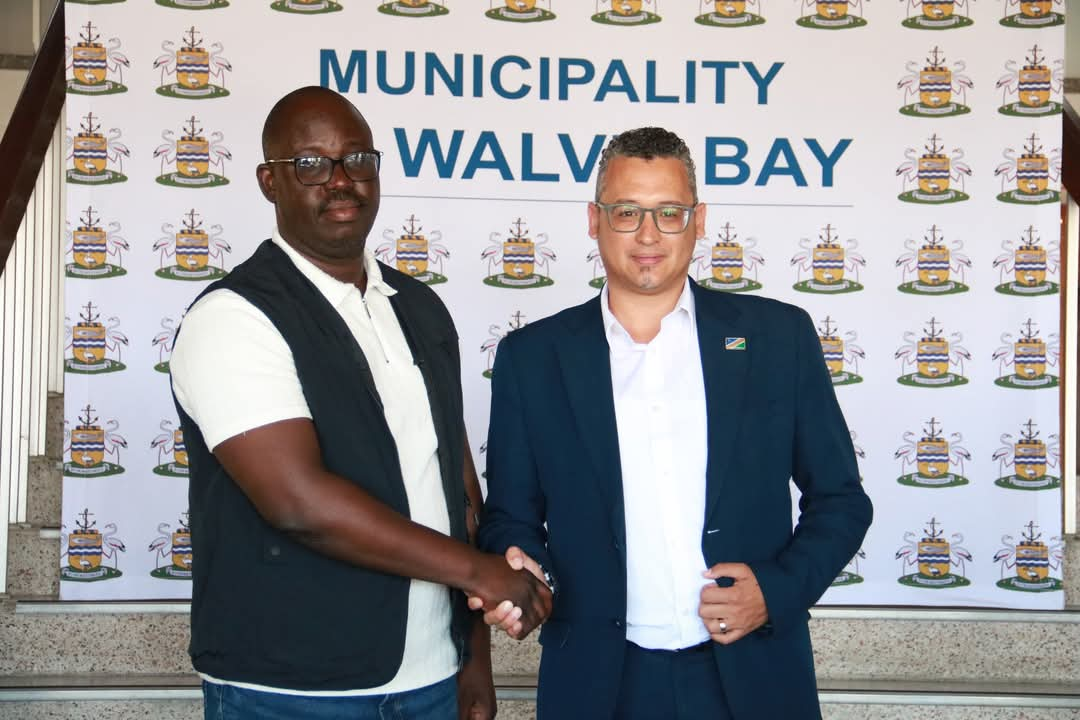Some 145 women have died while giving birth, while 1 066 stillbirths were recorded between 2018 and 2021.
This was confirmed by minister of health and social services Kalumbi Shangula, quoting the ‘2022 Report on Maternal Deaths, Stillbirths, and Neonatal Deaths, Namibia’.
The report says additionally, 1 066 neonatal deaths were recorded between April 2018 and March 2021.
“The exact number may be higher due to the possibility of under-reporting,” he says.
Shangula was speaking at the opening of the national conference on basic and advanced neonatal care at Swakopmund yesterday.
The report says Namibia has not met its set targets for reducing maternal and neonatal deaths as outlined in the National Demographic and Health Survey of 2013.
The country aimed to reduce maternal deaths from 385 to 200 per 100 000 live births by 2018, and to 50 by 2035.
Similarly, newborn mortality was to be decreased from 20 to 10 per 1 000 live births by 2018.
“While progress has been made, these targets have not been fully met, and more needs to be done if Namibia is to reach these targets by 2050,” Shangula said.
The minister emphasised the urgent need for improved quality of care in addressing these concerns.
He highlighted the essential role of skilled assistance before, during and after labour to significantly reduce maternal and neonatal morbidity and mortality.
“Every pregnancy carries the potential risk of complications,” Shangula said, advocating timely and quality obstetric care.
Addressing the seminar attendees, comprising senior medical officers from across the country, the minister called on all stakeholders to contribute their wisdom and assist in accelerating action towards improving maternal and neonatal services.
He pointed out the need for adequately trained staff and essential medical equipment at all healthcare facilities.
Namibia’s commitment to the Sustainable Development Goals was also reaffirmed, with the classification of maternal deaths, stillbirths, and neonatal deaths as “notifiable medical conditions”.
This measure is intended to enhance data collection and inform corrective action.
The ministry’s proactive steps include the Every Newborn Action Plan, with specific targets to reduce maternal mortality, and a N$16 billion plan which focuses on improving physical infrastructure, medical equipment, ambulance availability, and human resource recruitment.
The ministry has also taken significant steps in upgrading facilities, such as funding the construction of a neonatal ward at Swakopmund District Hospital.
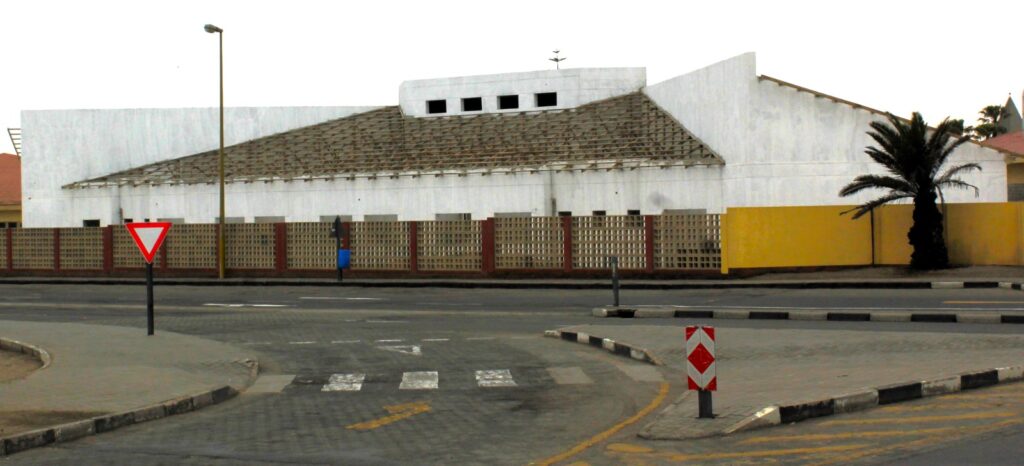
This unit, once completed, would feature an intensive care unit, isolation ward, general ward and a shelter for mothers.
However, delays from the original contractor have led to the termination of their service, with the ministry now finalising a new scope of work and employing a new contractor to ensure speedy completion.
Highlighting external support, Shangula acknowledged the contributions of Neo for Namibia, which has been instrumental in supporting neonatal interventions across several healthcare facilities in the country.
Erongo health director Anna Jonas yesterday said the first 28 days of a child’s life is when they are the most vulnerable.
She said many neonatal deaths are preventable, emphasising the need for optimal medical care for neonatal and low birth-weight babies, and early gestational age infants.
Jonas highlighted the complexities involved, particularly if healthcare workers lack the necessary knowledge, skills and equipment to adequately care for these vulnerable infants.
“The blend of equipment in the survival of neonatal babies is indispensable,” Jonas said, stressing the necessity of both skills and resources to ensure newborn survival.
Thomas Berger of Neo for Namibia emphasised the need for specific plans to continue making strides in neonatal care.
“We actually know how to proceed and how to make a difference within a very short period of time,” he said, referencing successful experiences in other regions.
Stay informed with The Namibian – your source for credible journalism. Get in-depth reporting and opinions for
only N$85 a month. Invest in journalism, invest in democracy –
Subscribe Now!




